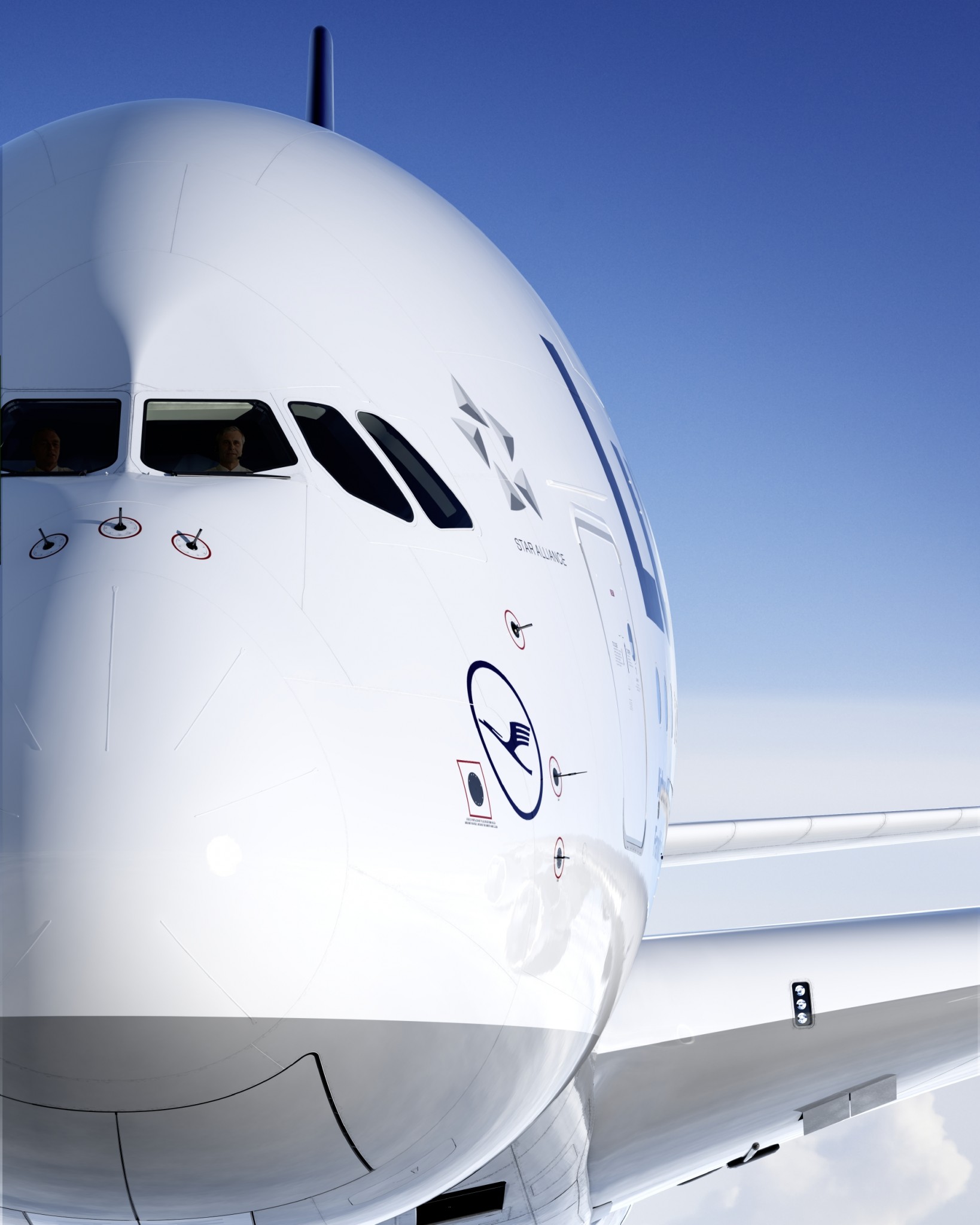Lufthansa Group has increased its total first half-year revenues by 5.2% in 2018, excluding the impact of the first-time application of the IFRS 15 accounting standard. The group reported total first half-year revenues of €16.9 billion, which is broadly in line with the prior-year level. Traffic revenue for the first six months totaled €13.2 billion, which, excluding the first-time impact of IFRS 15, represents an increase of 7.0%. Adjusted EBIT – the key profit metric of Lufthansa Group – was roughly at its prior-year level at €1,008 million. Adjusted EBIT margin amounted to 6.0% (compared to 6.1% in the first half year of 2017). Net income for the period also remained broadly stable at €677 million (prior-year period: €672 million).
“The prime features of Lufthansa Group’s development in the first half of 2018 were strong growth and a simultaneous improvement in our unit revenues. Achieving both simultaneously is a significant success,” says Ulrik Svensson, Chief Financial Officer of Deutsche Lufthansa AG. “At our Network Airlines, we were able to more than offset the added burden imposed by higher fuel costs through structural cost reductions and improved results by 26%. Without the integration costs at Eurowings, which we willingly accepted to further strengthen our market position in Europe, the Group’s result would have grown.”
The airlines’ performance was the key driver of the Group’s results in the first half year. Some 67 million passengers were carried, a new record for the period. Capacity, volumes sold and seat load factor were also all at new record highs. The biggest driver were the network airlines, with both Lufthansa German Airlines and SWISS making positive earnings contributions by achieving not only higher unit revenues but above all substantial reductions in their unit costs.
First half-year fuel costs rose by €216 million to €2.8 billion. The increase is attributable to both the higher volumes and a higher fuel price.
An increase in the costs incurred through delays and flight cancellations had a negative impact on first half-year earnings. The main causes of these irregularities were strike action and the infrastructural inadequacies of Europe’s aviation systems, such as the current capacity problems at the continent’s national air navigation services providers. Extreme weather (such as storms) also adversely affected flight operations far more than usual in the first half-year period. The impact of these trends was felt by all airlines, not only the Lufthansa Group. However, Group earnings for the period were also depressed by the expense of integrating the aircraft formerly operated by Air Berlin into the Eurowings fleet – a process which is unprecedented in its scope within the European airline industry and took longer than originally envisaged.
Lufthansa German Airlines raised its Adjusted EBIT by 16.0% to €660 million in the first six months, while SWISS increased its first half-year Adjusted EBIT by 56.7% to €293 million.
Despite favorable earnings in the second-quarter period, Austrian Airlines reported a first half-year Adjusted EBIT of €-3 million, a €6 million decline on the prior-year period that is attributable to the flight cancellations suffered in the first three months of the year.
Eurowings raised its total first half-year revenues to €1.9 billion, a 9.2% increase on the prior-year period, or a 25.2% improvement excluding the impact of the first-time application of IFRS 15. Along with the sizeable capacity expansion, revenue was also boosted by a 3.4% increase in unit revenues (excluding currency factors). The decline in Adjusted EBIT for the period to €-199 million is largely attributable to the one-off effects of integrating parts of the former Air Berlin aircraft fleet, and particularly to the higher technical, charter and leasing costs incurred to achieve the capacity expansion required within such a short time.
Within Aviation Services, the first half-year results for Lufthansa Cargo showed particularly sizeable growth, reflecting continuing strong demand for airfreight service products. Lufthansa Technik also saw business pick up tangibly in the second quarter after a weaker start to the year.
First half-year Adjusted EBIT for Lufthansa Cargo amounted to €125 million, a 60.3% improvement on the prior-year period.
Lufthansa Technik posted an Adjusted EBIT of €218 million for the first-half period, 1.8% below its 2017 level.
The LSG Group raised its first half-year Adjusted EBIT to €40 million, a 207.7% year-on-year improvement.
Other Businesses & Group Functions reported a €119 million decline to €-78 million Adjusted EBIT in the first half year, owing primarily to the non-recurrence of currency gains recorded in 2017.
Lufthansa Group reaffirms its previous forecast for 2018. Full-year capacity will increase by around 8% – slightly less than the earlier forecast of 8.5% growth. Fuel costs are expected to be some €850 million higher than in 2017. However, Lufthansa Group now expects a slight increase of unit revenues for the full year. The reduction in unit costs (excluding currency factors and fuel) is expected to amount to around one% – negatively affected by higher-than-planned integration costs at Eurowings.
“With continuing strong demand, we are confident that, despite a challenging prior-year basis for comparison, we will be able to report solid revenue trends for the second half of 2018, too,” confirms Group CFO Ulrik Svensson. “We will also continue to benefit from the substantial improvements in the cost efficiency of our Network Airlines. With Eurowings, following its sizeable capacity increase, our prime objective is to return to profitability next year. We will also create the structures to raise Eurowings’ profitability to the levels of its prime competitors over the next three to four years.”

